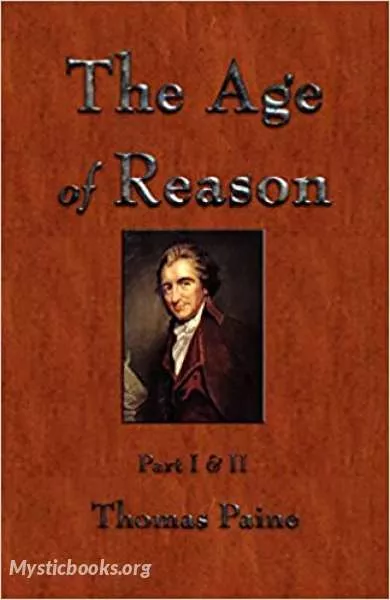
The Age of Reason
by Thomas Paine
'The Age of Reason' Summary
At the beginning of Part I of the Age of Reason, Paine lays out his personal belief:
I believe in one God, and no more; and I hope for happiness beyond this life.
I believe in the equality of man; and I believe that religious duties consist in doing justice, loving mercy, and endeavouring to make our fellow-creatures happy.
But, lest it should be supposed that I believe many other things in addition to these, I shall, in the progress of this work, declare the things I do not believe, and my reasons for not believing them.
I do not believe in the creed professed by the Jewish Church, by the Roman Church, by the Greek Church, by the Turkish Church, by the Protestant Church, nor by any church that I know of. My own mind is my own church.
All national institutions of churches, whether Jewish, Christian or Turkish, appear to me no other than human inventions, set up to terrify and enslave mankind, and monopolize power and profit.
I do not mean by this declaration to condemn those who believe otherwise; they have the same right to their belief as I have to mine. But it is necessary to the happiness of man that he be mentally faithful to himself. Infidelity does not consist in believing, or in disbelieving; it consists in professing to believe what he does not believe.
Paine's creed encapsulates many of the major themes of the rest of his text: a firm belief in a creator-God; a scepticism regarding most supernatural claims (miracles are specifically mentioned later in the text); a conviction that virtues should be derived from a consideration for others rather than oneself; an animus against corrupt religious institutions; and an emphasis on the individual's right of conscience.[
Book Details
Language
EnglishOriginal Language
EnglishPublished In
1794Genre/Category
Tags/Keywords
Authors
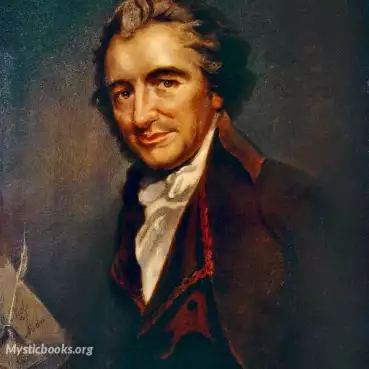
Thomas Paine
English, American
Thomas Paine (born Thomas Pain; February 9, 1737– June 8, 1809) was an English-born American political activist, philosopher, political theorist, and revolutionary. He authored Common Sense (177...
Books by Thomas PaineDownload eBooks
Listen/Download Audiobook
Related books
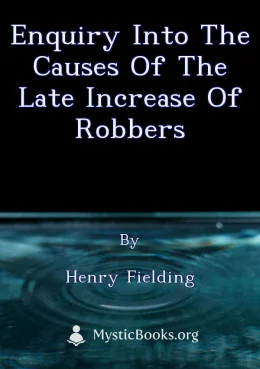
Enquiry Into The Causes Of The Late Increase Of Robbers by Henry Fielding
In 'Enquiry Into The Causes Of The Late Increase Of Robbers,' Henry Fielding, a magistrate and celebrated writer, addresses the rampant crime plaguing...

The Wonder-Worker of Padua by Charles Warren Stoddard
This is the inspiring story of Saint Anthony of Padua. The son of a wealthy Portuguese family, he was initially ordained a priest of the Canons Regula...
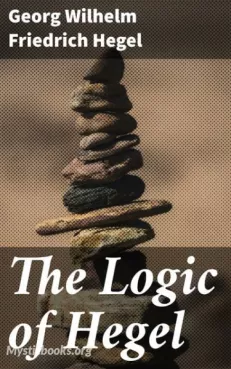
The Logic of Hegel by Georg Wilhelm Friedrich Hegel
In "The Logic of Hegel" by the renowned philosopher Georg Wilhelm Friedrich Hegel, embark on a profound intellectual journey through the intricate lab...

Democracy: An American Novel by Henry Adams
Democracy is a novel about political power, its acquisition, use and abuse. It is set at the beginning of a new administration, with the election camp...

طبائع الاستبداد ومصارع الاستعباد (Tabai al-Istibdad wa-Masari al-Isti’bad) by Abd al-Rahman al-Kawakibi
“Tabai al-Istibdad wa-Masari al-Isti’bad” (The Nature of Tyranny and the Paths of Enslavement) by Abd al-Rahman al-Kawakibi is a profound treatise on...

The New Organon by Francis Bacon
The Novum Organum is a philosophical work by Francis Bacon published in 1620. The title translates as "new instrument". This is a reference to Aristot...

On Christian Doctrine by Saint Augustine of Hippo
De doctrina Christiana, a theological text written by Augustine of Hippo. It consists of four books that describe how to interpret and teach the Scrip...
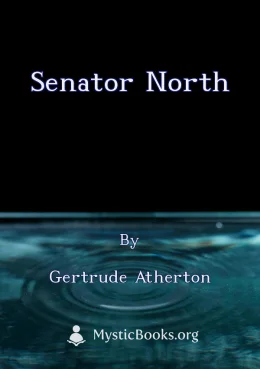
Senator North by Gertrude Atherton
"Senator North" by Gertrude Atherton is a classic work of political fiction that delves into the complexities of power, influence, and corruption in W...
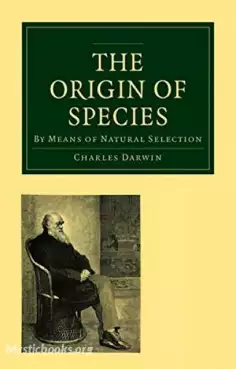
On the Origin of Species by Means of Natural Selection by Charles Darwin
Considered to be one of the books that changed the world and how we view ourselves, On The Origin of Species by Charles Darwin was met with incredulou...
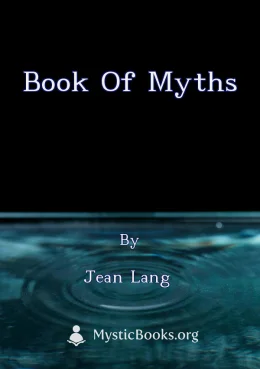
Book of Myths by Jean Lang
Jean Lang's 'Book of Myths' presents a collection of ancient Greek myths, interwoven with Eastern tales, and beautifully complemented by poetry. The a...
Reviews for The Age of Reason
No reviews posted or approved, yet...